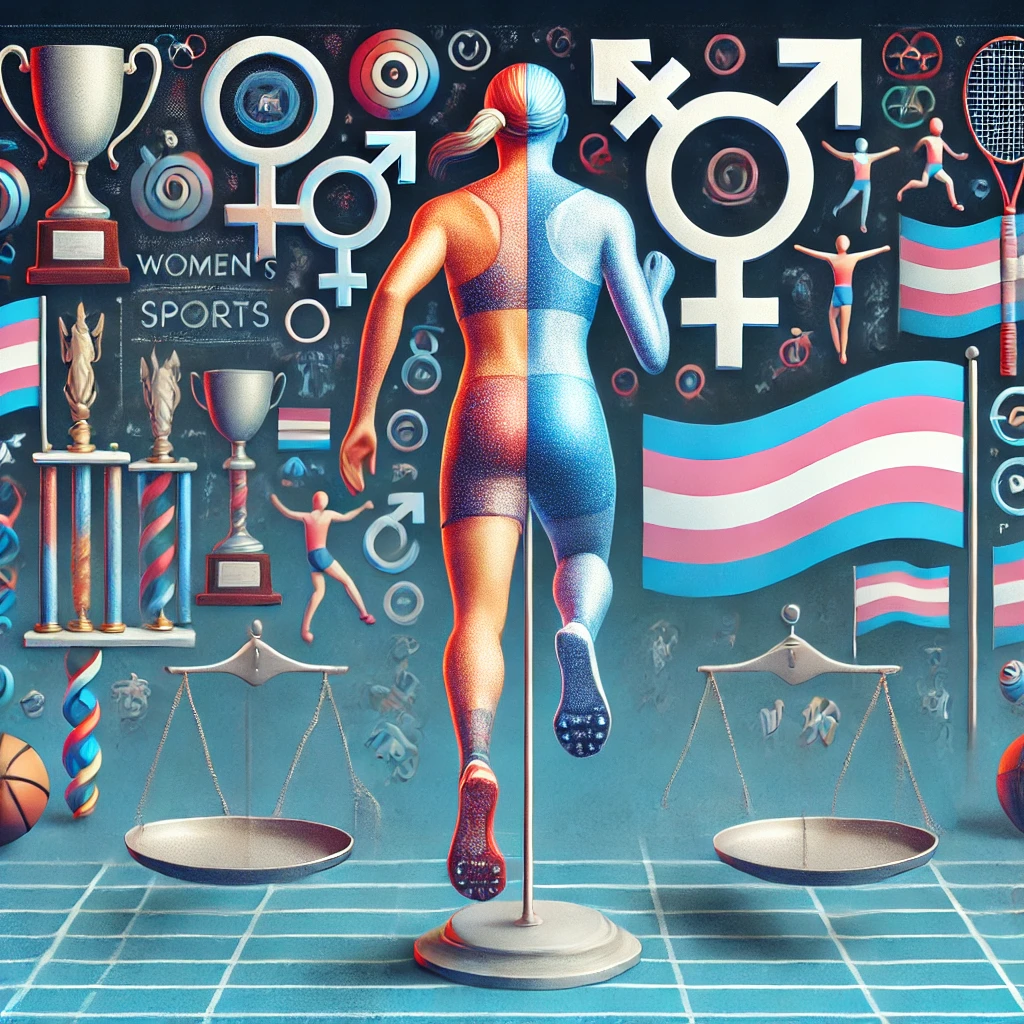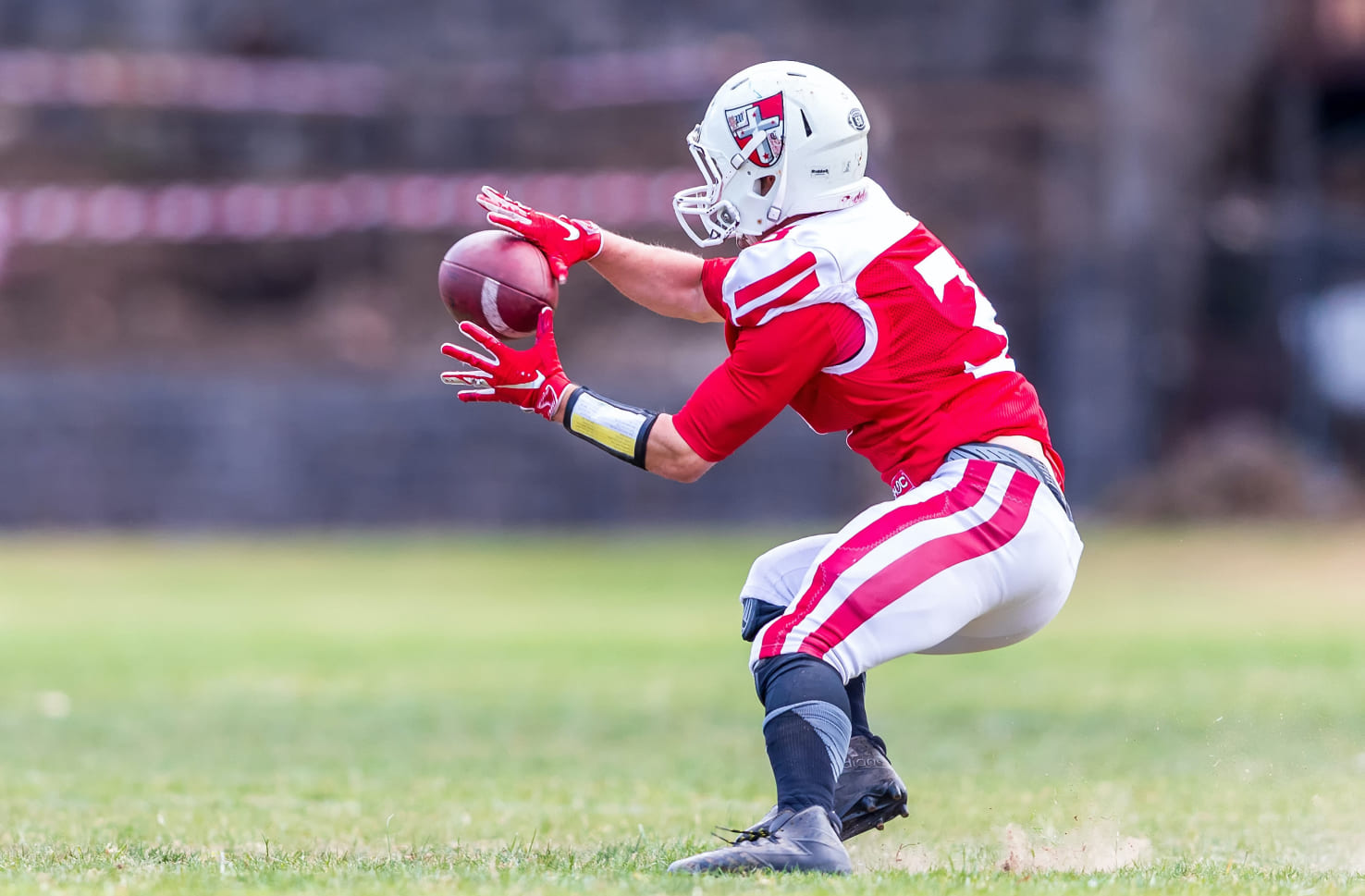October 12, 2024 – XX-XY Athletics, an athletic organization fighting to safeguard women’s athletics, unveiled a scathing new ad campaign against Nike, aimed at the shoemaker’s position on letting males into female sports, particularly transgender athletes-the biological males competing in female sports. The incendiary campaign flayed Nike for treachery into violating the tenets of fairness and integrity of female athletics. The group stated in a release that allowing these transgender women in female categories was obliterating the female athlete’s gains in athletics.
Such an advertisement asserts that Nike enables men to assert their “our identity, our sports, our spaces, and our trophies.” XX-XY Athletics contends that allowing transgender women to compete with women has an unfair advantage wherein races rely on physical prowess, staying power, and swiftness. The organization argues that the issues hugely jeopardize the prospect of women’s sports because it undermines the difference between male and female sports.
The Ad Debate: Transgender Athletes in Women’s Sports
The ad draws its power from the global ongoing debate regarding the participation of transgender athletes in sports, which has gained much momentum in the recent past as a hot-button issue. The proponents hold that everyone should be entitled to compete based on their gender identities while the opponents, including XX-XY Athletics, contend that biological differences give an unfair edge in competitions held for women.
Nike has been very vocal on the issue of inclusion and diversity in sports, even speaking out on transgender rights. However, this advertisement campaign puts them right in the middle of an increasingly hot controversy. It is true that many advocacy groups have praised Nike, but others, among them XX-XY Athletics, have described it as a threat to the integrity of female categories in sports.
Impact and Public Reactions
The social media has responded to the ad campaign with mixed sentiments, urging support for XX-XY Athletics and reservation about fairness in women’s sports. On the other hand, anti-ad supporters are shedding comments against the advertisement, claiming that it targets transgender athletes and promotes exclusionary practices. Still, the issue remains contentious, and policy makers, sports institutions, and activist groups weigh how best to balance inclusion and fairness in competitive sports.
Nike has remained tight-lipped so far, but it is the largest name in public discourse over the future of gendered sports categories and the playing ability of transgender athletes.
As such, debate on letting transgender women participate in female sports is now back on the front burner with advocacy from the likes of Sports Illustrated. As debate continues, more and more sports organizations and companies like Nike find themselves wrangled with this complexly sensitive issue. More about the futures of women’s sports is there. The actual inclusion of transgender women in female sports looks likely to significantly evolve as well in policymaking and policy implementation in governing bodies.











